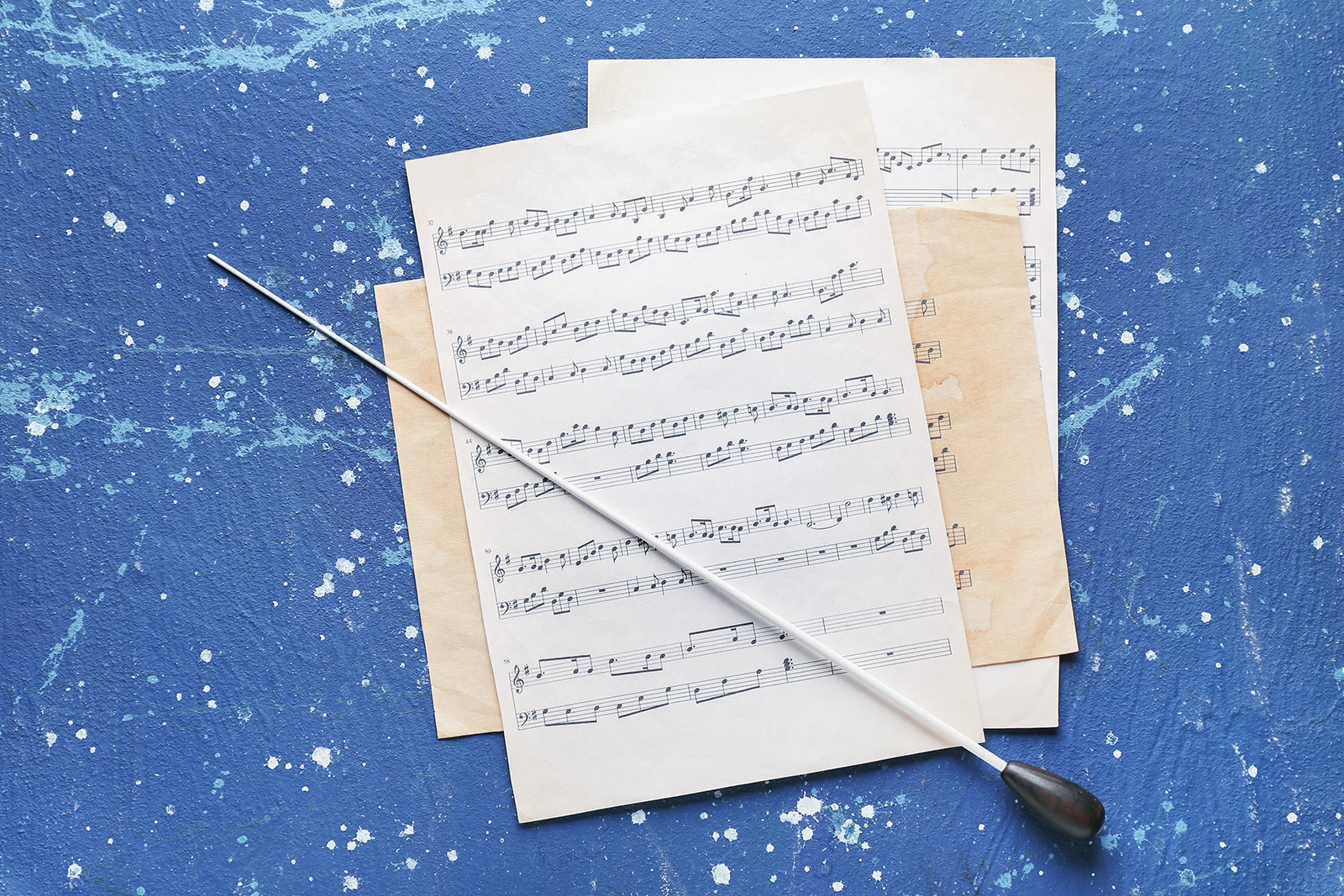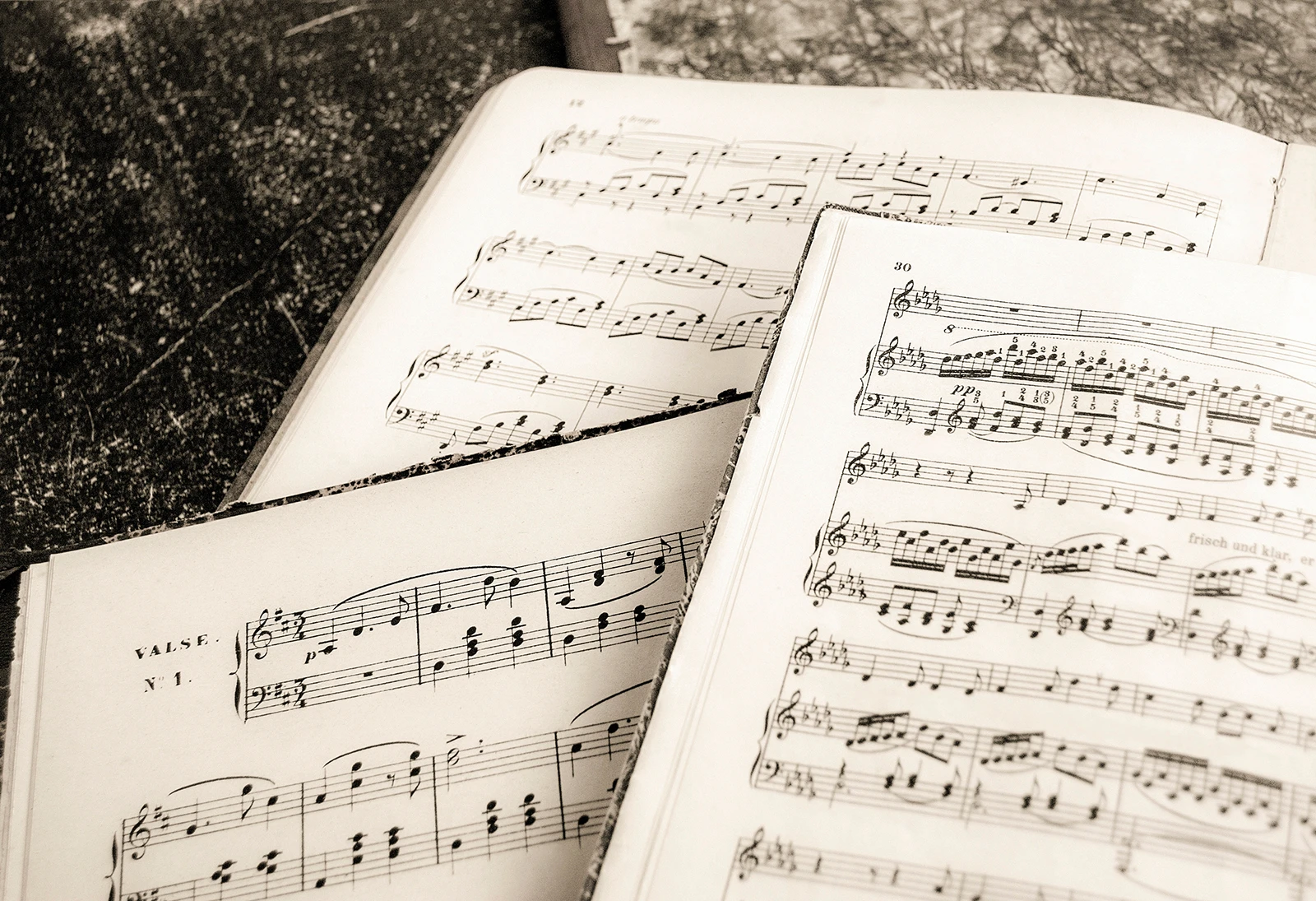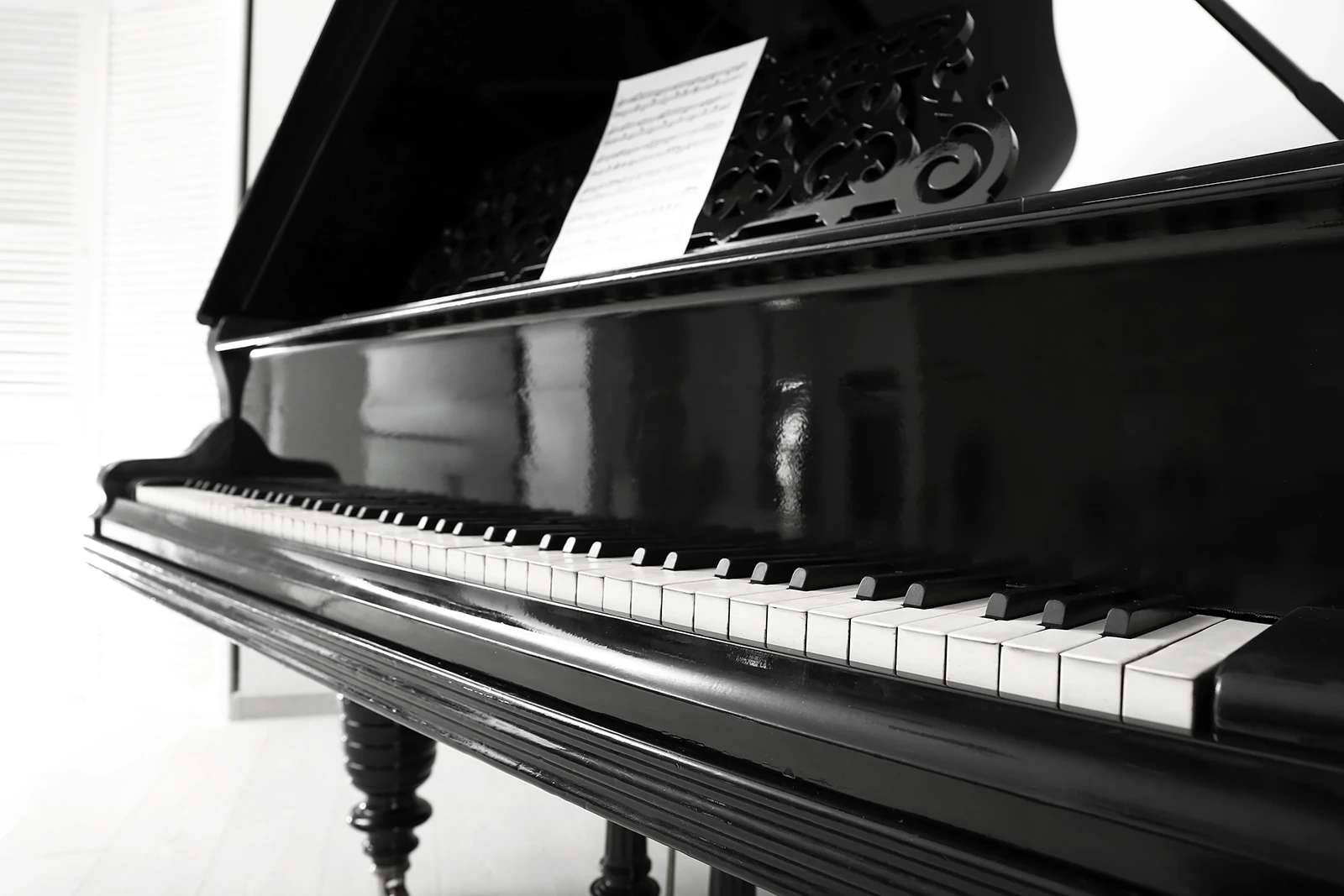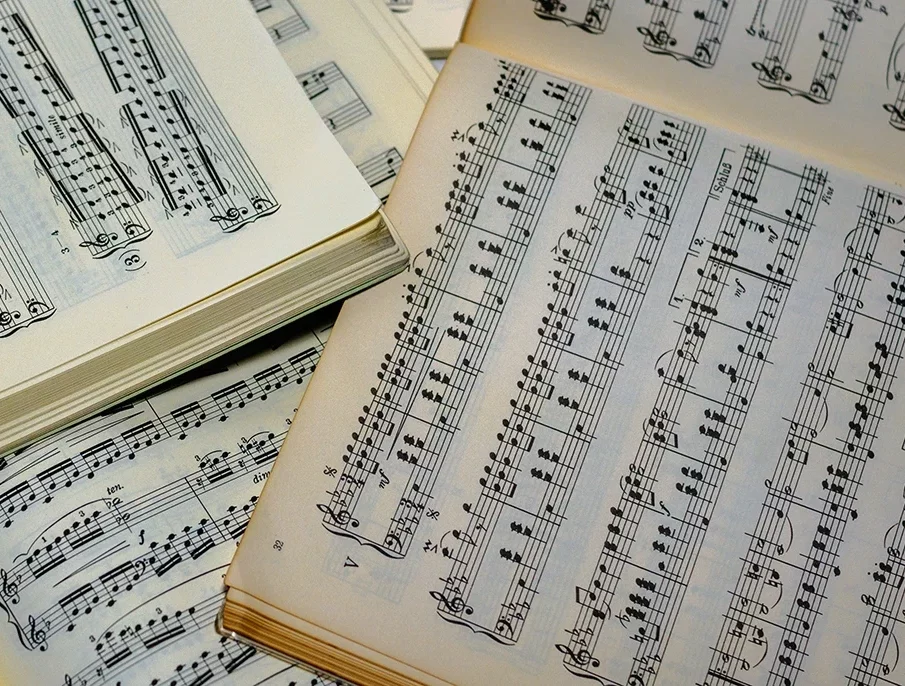The day has finally come and your brand new bassoon has arrived at your doorstep! How exciting! Over the course of my career I have owned three bassoons and I can still vividly remember opening up the case of each of them for the first time. The keys were shiny, the wood spotless, and of course, that new bassoon smell!!
Now that you have your prized instrument in your grasp, it is very important to keep it in top working condition so that it can provide you with years of enjoyment and dependability. I’ve listed below a few tips and hints that I have given to students over the last twenty years that hopefully will keep your bassoon in great shape for years to come.
Keeping Your Bassoon in the Case
This may seem odd to suggest, but the safest place your bassoon can be when it is not being played is in its case. Over the years, I have seen too many bassoons knocked over that were not properly secured when out of the player’s hands. Keep your bassoon in its case when you are not using it! The only exception that I make for this is if you have a quality bassoon stand that will properly support the instrument. There are many fine products for sale on the market that do an excellent job of supporting the instrument. Be sure they support the bottom of the instrument as well as the top without bending any keys.
Caring For Your Bassoon Case
Your bassoon case is the only thing that protects your musical companion from the outside world. Therefore, we need to make sure it is taken care of as well. Once a month, the inside of you bassoon case should be vacuumed out to remove any lint, dust, or other particles. These can get on the pads and inside the instrument which will prevent the instrument from sealing properly, particularly in the lower register. I find that an inexpensive computer keyboard vacuum works very well for this.
If you have a bassoon case that has exterior pockets for music and accessories, by all means use them but try not to place too many items in your case. Not only do they make the case heavier, if the pockets are too overloaded the walls of the case can start to put pressure on the joints and keys of the bassoon. Most of the time, I find bringing a small backpack or briefcase with my music, reed tools, and other accessories is much easier than loading up my bassoon case.
Caring For Your Bocal
If you have every gone bocal shopping, no doubt you have come away with some serious sticker shock! Bocals can range from a few hundred dollars to $1,000 or more. Therefore, taking good care of your bocal is a smart investment in your bassoon. First and foremost, buy a bocal brush and clean your bocal out once a month using hot water and soap. That will keep your bocal clean of debris and working well. While I do sometimes use a bocal swab to assist with my cleaning, most of the time hot water, soap, and bocal brush will do the job well.
Make sure your bocal is securely fastened inside your bassoon case. If you own British/English bend bocals, you will likely want to invest in a hard bocal case that will keep them protected when you transport them from place to place.
Finally, a word about where to place your bocal when it is out of the case. One of the best places to put your bocal when it is not being used is in the bell of your instrument (assuming your instrument is in a stand). Do not place the small end of the bocal in your tenor joint!!!!! It can very easily scratch the bore and bend the tip of the bocal.
Bassoon Care and General Maintenance
While nothing will ever replace a yearly visit to your trusted repair shop, there are some simple things you can do to keep your instrument in top shape.
Buy a small paintbrush and use it daily to remove small dust particles that collect underneath keys, pads, and posts. If there seems to be a lot of dust despite this daily cleaning, it is probably time to vacuum your case.
Swab your bassoon after every practice session and performance!
It is a good idea every few months to clean out the small holes underneath the high A, C, and D keys (AKA – the “vent” or “flick” keys). Dust and debris can collect here over time creating problems with the upper register. To clean these holes, go to a drugstore and find an interplaque cleaner in the dental section – it will look like a very tiny brush. Once you remove these keys, you can easily use this brush to clean out any accumulated material and then swab out the bore.
During the winter months, bassoons sometimes will not stay together as well due to low humidity created by weather changes and the constant use of various heat sources. When this happens, it is a good idea to keep some type of humidifier in your bassoon case. While there are many products that are commercially available, I like to use a method taught to me by my very first bassoon teacher, David T. Borst. He would take an orange, and after consuming the fruit he would take the orange peels and place them in the bassoon case. Over the course of several days, the bassoon would absorb the moisture and the bassoon would stay together! Plus, your bassoon case has a great smell!
I like to keep a small cloth between the tenor and long joints in my bassoon case. Those two pieces of the instrument are always in very close proximity in the case, so keeping a cloth between them prevents a lot of scratching and denting of the wood and/or finish.
I hope that these tips and hints have been helpful. Thankfully, bassoons are very sturdy instruments that stand up to regular use with ease. Hopefully, between regular visits to your repair shop and the suggestions above will give you years of happiness with your musical companion.
Happy Bassooning!







